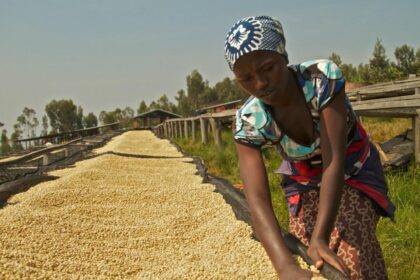The world's 1.2 billion young people represent either a huge demographic challenge or a massive opportunity. By supporting agricultural businesses that recognize the necessity of investing in the next generation, we can ensure that opportunity is unlocked.
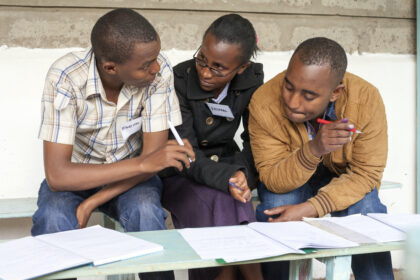
Agricultural businesses are uniquely situated to advance progress across multiple Sustainable Development Goals, from zero hunger to gender equality. And they are in dire need of investment.
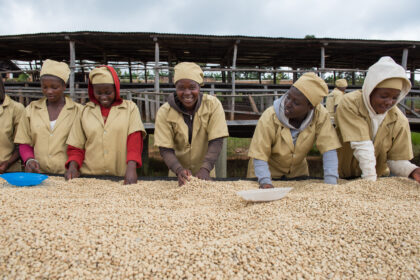
There are countless ways that distressed communities in the US differ from the remote areas where Root Capital, operates. But they have at least this in common: They have an acute need for investment.
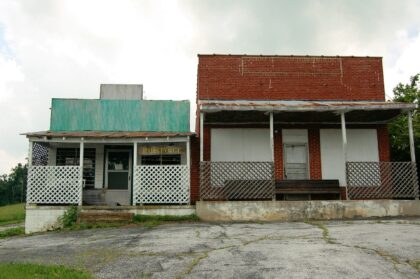
Public-private partnerships bring multi-sector stakeholders together to solve complex problems at scale. They take many different forms, but tend to work best when addressing an area in which traditional investment is lacking and the risks are too high for individual actors to undertake alone.

The impacting investing sector has long lacked the right tools to ensure critical dollars are allocated in a way that generates both impact and revenue. In the Stanford Social Innovation Review, we introduce the “efficient impact frontier,” a powerful approach to building a portfolio with the greatest possible impact for the level of expected return.
View Article (subscription required)
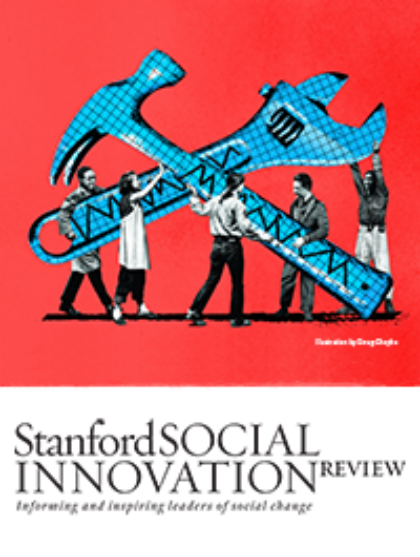
For nearly five decades – under both Republican and Democratic administrations – OPIC has demonstrated a market-based model for how to responsibly invest in businesses and jumpstart economic development that likely wouldn’t occur otherwise.
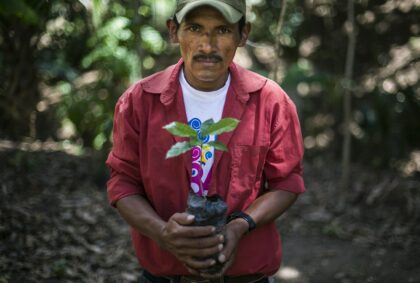
As part of the aptly named Partners in Food Solutions (PFS), some of the world’s largest food and agricultural companies are harnessing 693 years of combined experience to strengthen small- and medium-sized enterprises throughout Africa.
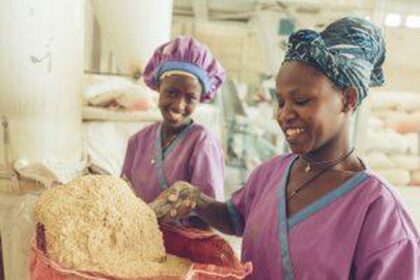
Today, millions of the world’s most vulnerable people are fleeing from places where agriculture remains the backbone of rural economies, as the dire consequences of climate change—crop failure due to drought, for example—come into focus.
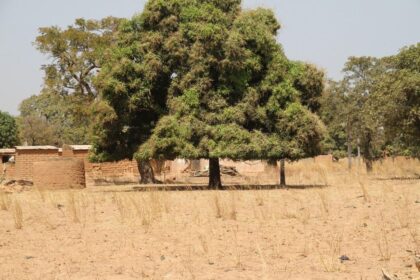
By issuing the first U.S. corporate sustainability bond, Starbucks can generate yield for financiers and farmers alike.
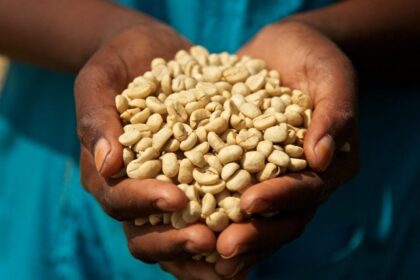
A lack of reliable information is among the most frustrating obstacles to unlocking the potential of agriculture. But as investment in AgTech heats up, what value does big data offer small-scale farmers at the end of dirt roads in the hardest-to-serve markets on earth?
